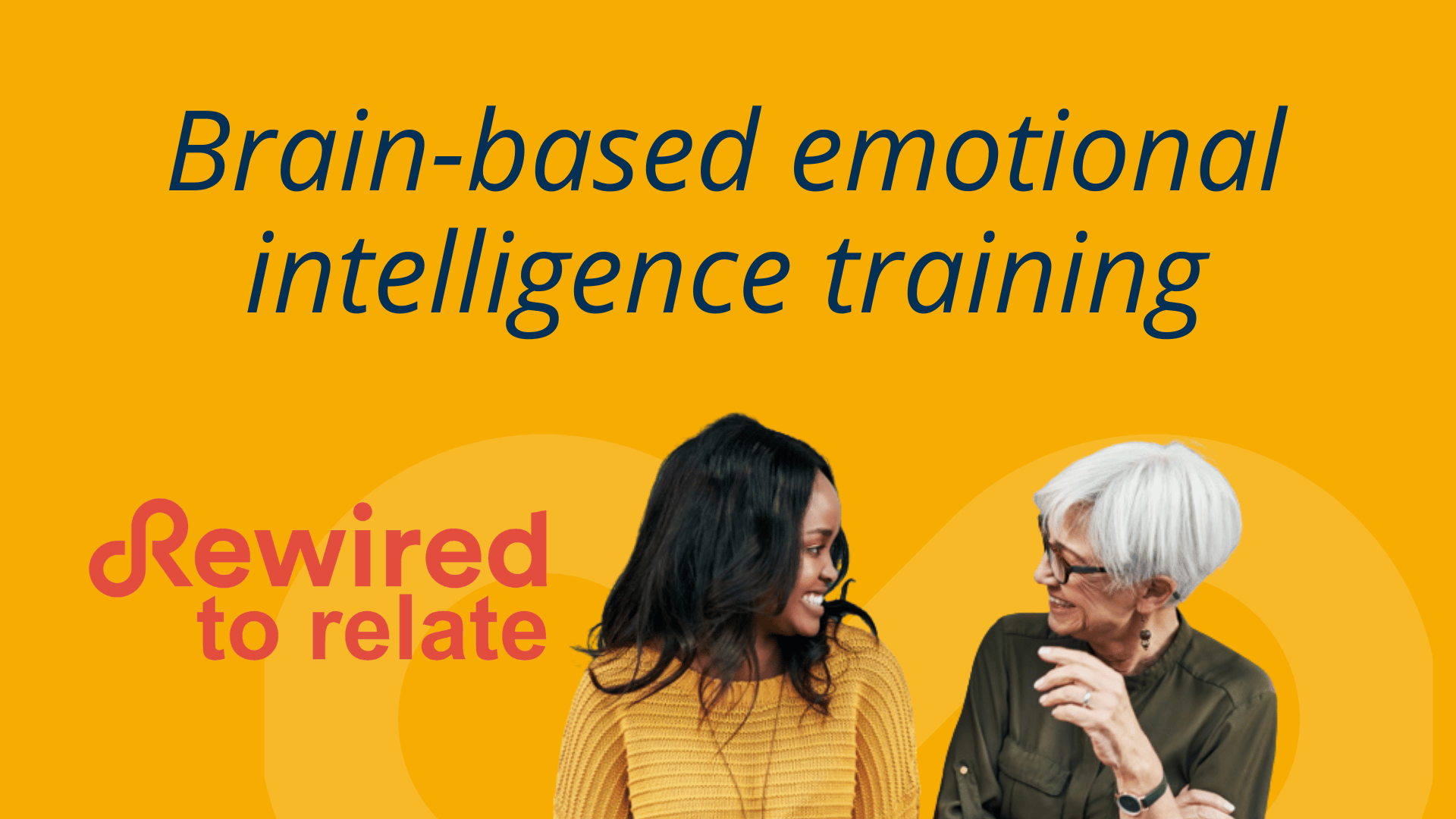
What a tennis championship match can teach us about emotional intelligence
During the recent Wimbledon Championships, we saw so clearly how disappointment, stress, resilience and emotional intelligence powerfully affect performance.
It was fascinating to notice what an emotional and mental game tennis is. Sure, it’s a physical game and those in the championships are extremely fit, well trained and experienced. But it’s the mental and emotional aspects of play that can make or break a champion.
For example, in this year’s (2023) women’s final was Ons Jabeur, ranked #3 and the favourite to win that match, playing against a powerful, steady but unseeded competitor. Ons wanted to win so badly, especially after losing the Wimbledon final last year. It was also bigger than just her as she felt she was playing on behalf of her country, Tunisia, for Arab women and for all of Africa. There was a lot riding on her performance.
Which is why it was so painful to watch her become a victim of her own expectations and disappointment, especially when many of us also had high hopes for her in this match. As all players do, she made some mistakes and she lost a game or two that perhaps she should have won. But it got to her. And she couldn’t shake it.
When our expectations and dreams are dashed, we suffer from the changes in our brain chemistry. Disappointment steals our dopamine and with it, our joy, positive outlook and motivation. The body is also flooded with cortisol, the stress hormone. These changes in chemistry highly impact our ability to perform. The body is less agile, muscles are overly tense and our thinking is altered. We lose finesse and some of our core abilities.
On that note, also see our previous blogpost, the de-skilling nature of fear
To manage stress and its impact, we need to be able to notice our own thoughts and let go of self-criticism so we can manage our emotional responses. This mental and emotional regulation is the hallmark of emotional intelligence. We need to learn to stay calm, cool, collected. We also need to be able to bounce back, meaning we need resilience. And that requires a different part of our brain to kick in – notably, the more rational part that initiates self-regulation.
This isn’t just about tennis or other sports
This dynamic also happens in the workplace. While the output is different of course, the impact is quite similar. Someone shows up ready to do a great job. They intend to wow potential customers with a sales presentation, they’ve worked so hard to deserve a promotion or they expect accolades from colleagues or a boss. But the buyers say no, the promotion isn’t happening now and the accolades are nowhere to be found. Disappointment sets in, doubt invades one’s mindset and fine-tuned expertise goes out the window.
But mistakes are part of life
We will make mistakes from time to time. To deal with them, we need to have the mental stability, emotional intelligence and resilience to bounce back and keep going.
This is also why we need to have psychological safety in teams and businesses – so that we can absorb mistakes, even learn from them, without disintegrating into the fear-state caused by criticism of those mistakes.
Also see: What is psychological safety and why we should work at it
Rewired to Relate

Rewired to Relate develops emotional intelligence. Using a pragmatic approach, participants quickly learn how to identify and manage their own emotional reactions and improve how they handle tricky situations in the workplace.
more info